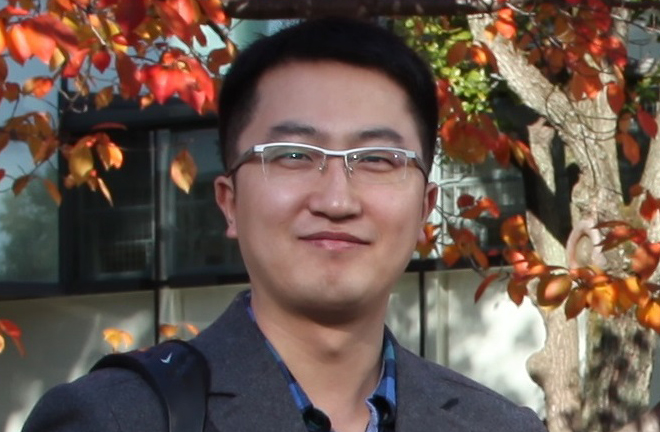WANG DA: AIIB injects confidence into Asian, global economy
 As the Asian Infrastructure Investment Bank (AIIB) embarks on its first year, the wisdom of China is needed to guide its development.
As the Asian Infrastructure Investment Bank (AIIB) embarks on its first year, the wisdom of China is needed to guide its development.
Above all, a moderate and egalitarian approach is needed. To start with, China lacks experience in coordinating international financial affairs and will inevitably encounter various problems at the beginning.
Furthermore, the 57 members of the AIIB represent all stages of development and are located in not just Asia but also other regions, resulting in diverging interests. Rather than relying solely on voting rights, the AIIB should stress equal negotiation to address the interests of each member state.
As a new mechanism of global financial governance, the AIIB should be open to communication and coordination with established institutions and with multilateral development organizations in particular.
Through cooperation with the World Bank, the Asian Development Bank and others, the AIIB can learn from their experiences to improve governance and operation while making itself better understood and gaining influence.
Now, the AIIB is fostering an enterprise culture of integrity. Senior managers and ordinary staff operate under a set of transparent rules and have zero tolerance for corruption in project approval and management.
Also, comprehensive innovation is needed. At present, the world is still struggling with the latest round of economic shocks triggered by the US Federal Reserve’s decision to raise interest rates. Major developed economies are experiencing sluggish development, and emerging economies are facing increasing downward pressure due to capital outflow, currency depreciation and weak overseas demand.
The AIIB is setting an example for global multilateral financial governance. It focuses on infrastructure that has many spillover effects with the purpose of restoring confidence in economic development in Asia and the world as a whole, and promoting steady growth in world economy. To this end, the AIIB should innovate methods of capital utilization while exploring new models of project operation and management. This can solve the long-term difficulties in funding infrastructure in developing countries, thus stimulating economic development in these nations.
Moreover, the AIIB should adhere to high standards at every step of the way from organization to management in order to maintain sustainable development. The AIIB aims not to upend but to improve the global financial order. It is not a stage for show but a platform for practicality. And the constant goal is to drive economic growth in Asia and the world as a whole through infrastructure construction.
The AIIB is a gift to the world from the vast number of developing countries including China. It embodies the expectations of Chinese people to build a harmonious world and reflects the Chinese idea of standing together through thick and thin.
Now, China is pursuing innovation and development with unprecedented enthusiasm. It strives to adapt to the “new normal,” promote supply-side reform and financial and taxation system reform and participate in global financial governance. It has proposed a new model of major country relations between China and the US as well as a policy of neighborhood diplomacy characterized by amity, sincerity, mutual benefit and inclusiveness.
The China-led AIIB belongs to the world. In the context of a fatigued global economy, a prosperous and stable China will serve as the cornerstone of the AIIB. Through the concerted efforts of the Chinese government and other developing and developed member states, the AIIB will create a bright future for Asia and the world.
Wang Da is from the School of Economics at Jilin University.
